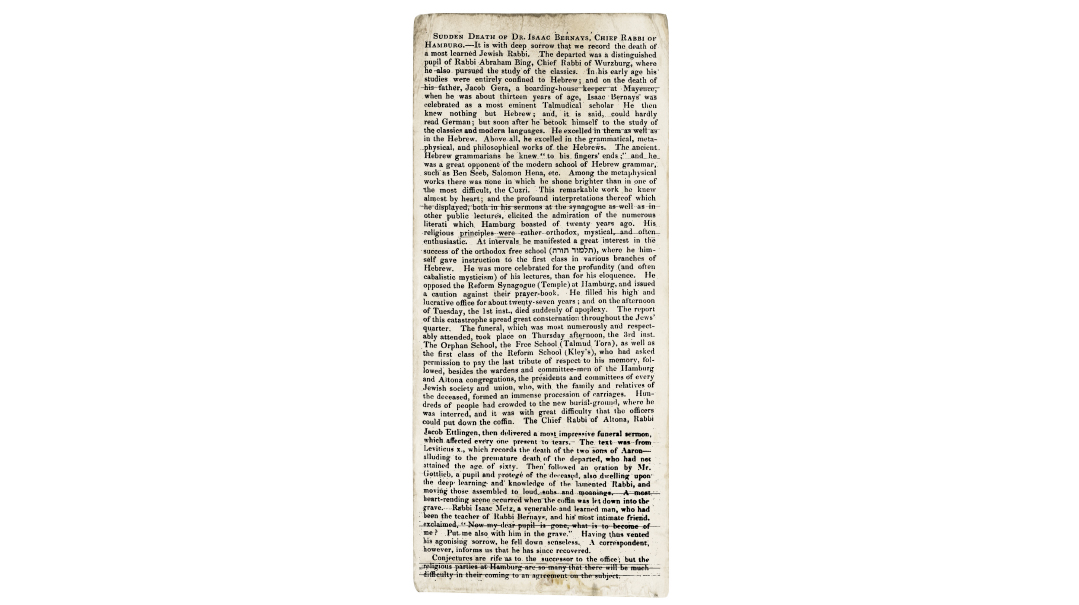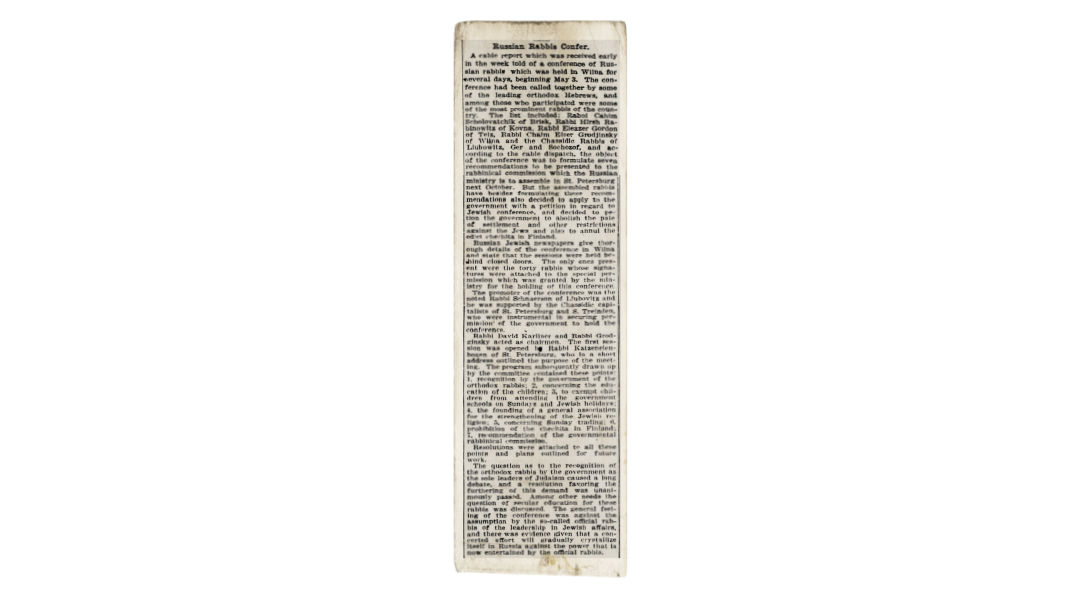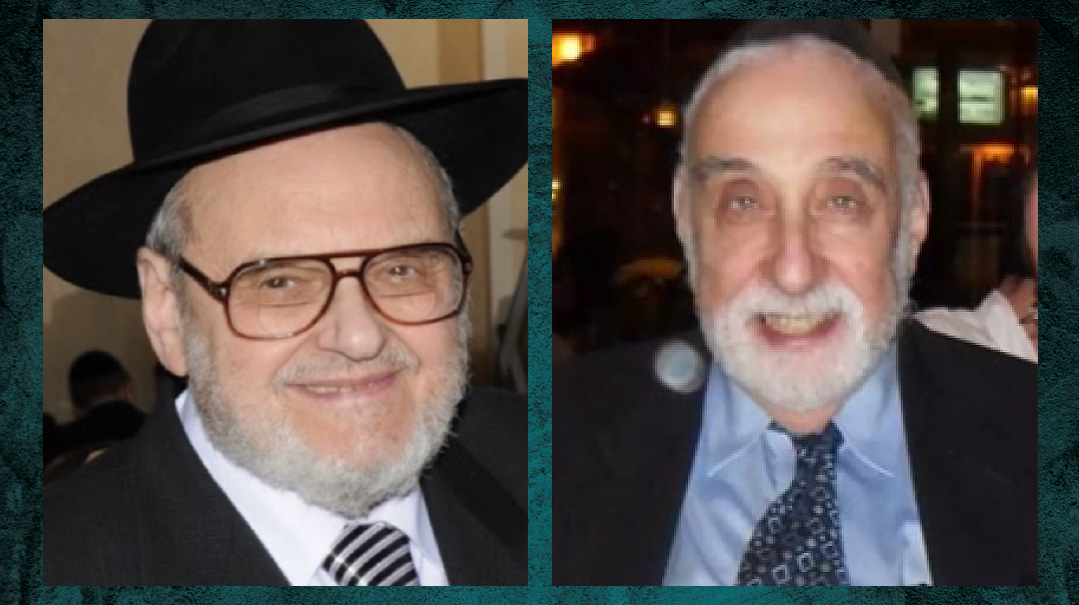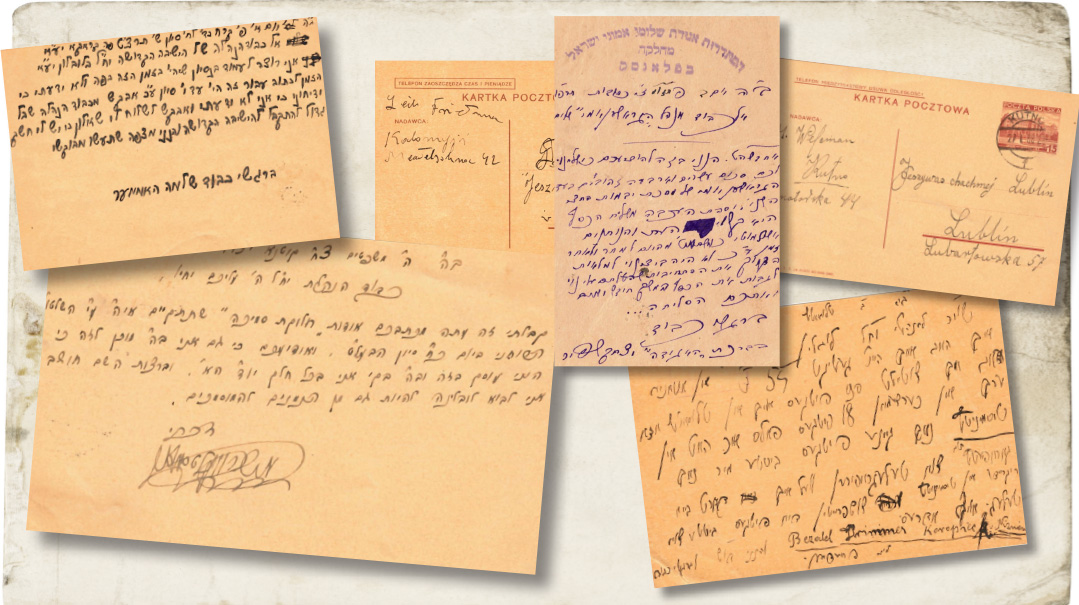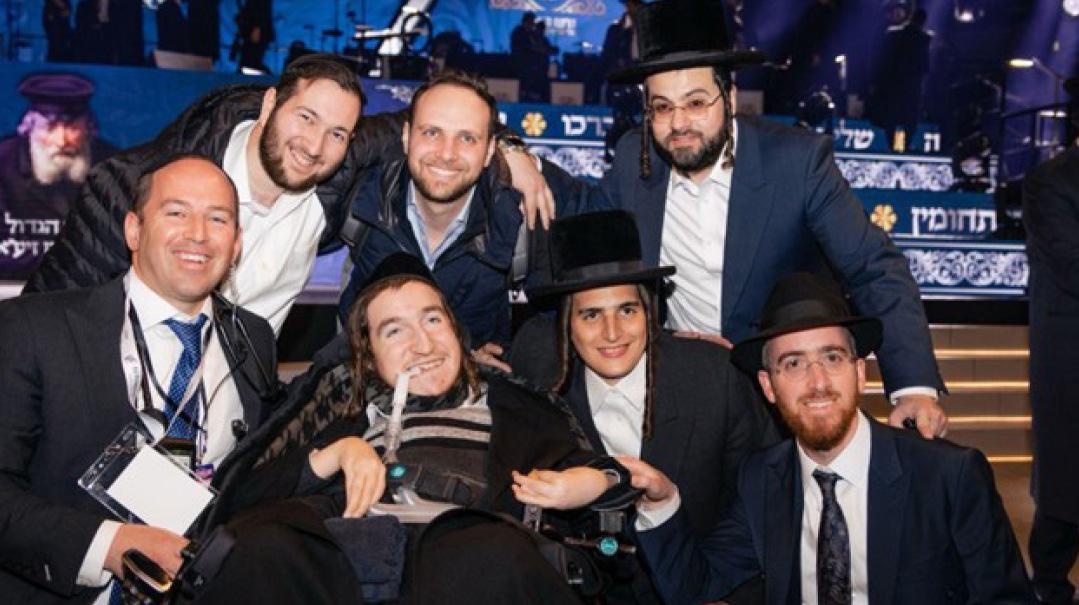Between the Lines: Rabbinic Advice

"Rav Shlomo Wolbe ztz”l, that every six months spent in all-day learning earlier in life is worth years later on"
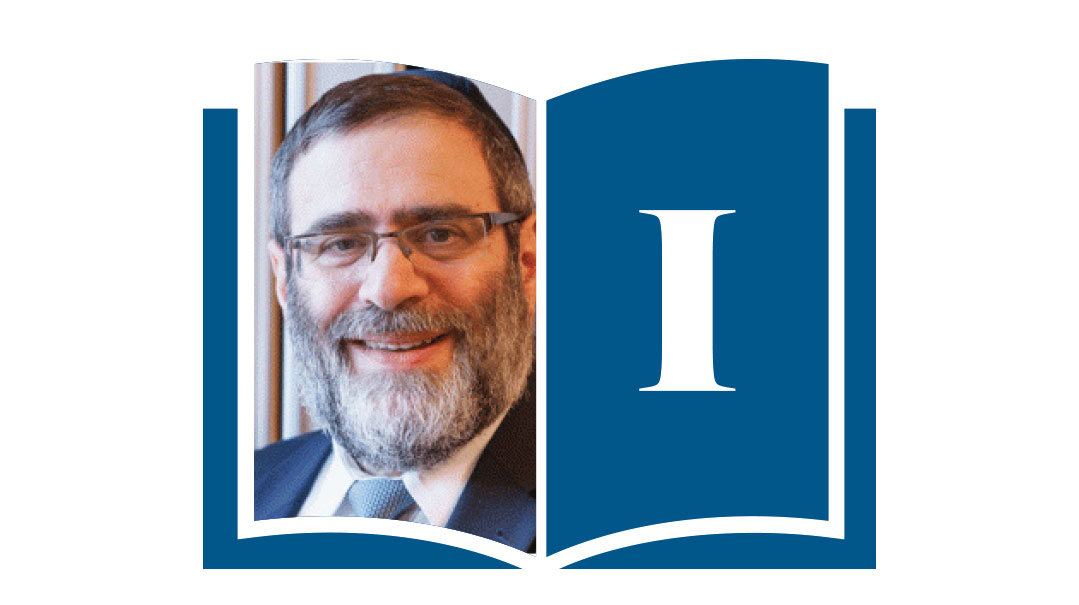
I first began to realize that I was no longer a “rookie-rabbi” when young musmachim began to approach me and ask what they could do to best prepare themselves for entering the rabbinate. I would mention a general principle of one of my great rebbeim, Rav Shlomo Wolbe ztz”l, that every six months spent in all-day learning earlier in life is worth years later on, and then I would recommend several books. Whenever I re-read them, they never fail to inspire me.
The first is “From Generation to Generation” by Rabbi Dr. Abraham J. Twerski, which imparts lessons of timeless depth and truth regarding human nature and the managing of situations and relationships, referencing a wide range of experiences, primarily from the home, beis medrash, and the balabatim of his revered father, the Hornosteipler Rebbe. One, which never fails to move me, is when Rabbi Twerski relates how he, as a young child, played a game of chess with a visiting rav on Rosh Hashanah afternoon, something not exactly assur, but not appropriate in the spiritually elevated atmosphere in which Rabbi Twerski was raised. His father summoned him and looked at him quietly, saying he’d heard that the young boy had played chess on Rosh Hashanah. Rabbi Twerski admitted having done so, but said that the visiting rav had said it was permitted. His father firmly but gently shook his head saying, “But you know better.” Just before the crestfallen boy prepared to leave the room, his father called out to him again. He looked up and saw his father looking at him “with a twinge of a smile accompanying the twinkle in his eye. ‘But you did checkmate him, didn’t you?’”
Then there’s Reb Mendel and his Wisdom, by Yisroel Greenwald. Rav Mendel Kaplan, a talmid of Rav Elchonon Wasserman ztz”l, was transplanted as a maggid shiur to teenage boys in an American yeshivah in Chicago, where he had quite a remarkable effect on helping these American bochurim grow into fully-fledged bnei Torah. I’m aware of no greater haskamah for this book than hearing how Rav Avrohom Gurwitz, Rosh Yeshivas Gateshead, gave the book to his nephew, a good friend of mine, as a gift when he was about to take up a position as a maggid shiur.
I’m particularly fond of Tales out of Shul by Rabbi Emanuel Feldman, an entertaining account of his 40 years as a pulpit rabbi in Atlanta, Georgia, where he turned an almost moribund small Orthodox shul into a powerhouse of tefillah, Torah, and chesed. This book is an entertaining tool for the maintenance of the sanity of any kehillah rav or someone thinking of signing up, and a great read for anyone interested in a compelling, unredacted record of Rabbi Feldman’s life in the rabbinate.
A Practical Guide to Rabbinic Counseling, edited by Rabbis Dr. Yisrael N. Levitz and Dr. Abraham J. Twerski is perhaps a more technical, dry read than the others, but no less important for aspiring and practicing rabbis. A broad and really helpful range of issues are covered in this book, with Rabbis Levitz and Twerski both sharing their own wisdom and experience. In his concluding chapter, Rabbi Levitz doesn’t shy away from acknowledging some of the potential risks to the rabbi and his family, pointing out the importance of establishing “family boundaries that protect a family from outside intrusion, while permitting it to develop supportive cohesion from within.” Perhaps aspiring rabbis — and their wives — should read this chapter first and, if they still feel inspired to embrace the call of the rabbinate, they should then start from the beginning.
–RABBI MORDECHAI GINSBURY, rav of Hendon United Synagogue, London, and principal of Hasmonean Primary School in Hendon
(Originally featured in Mishpacha, Issue 839)
Oops! We could not locate your form.

